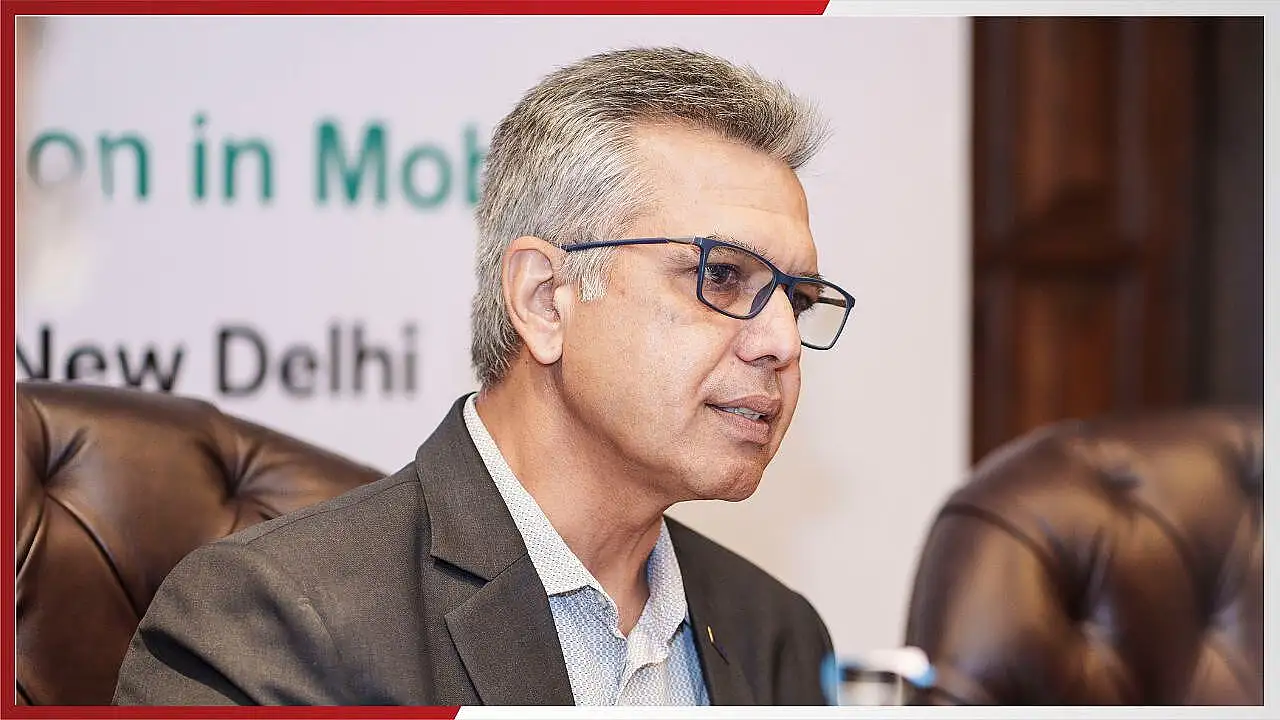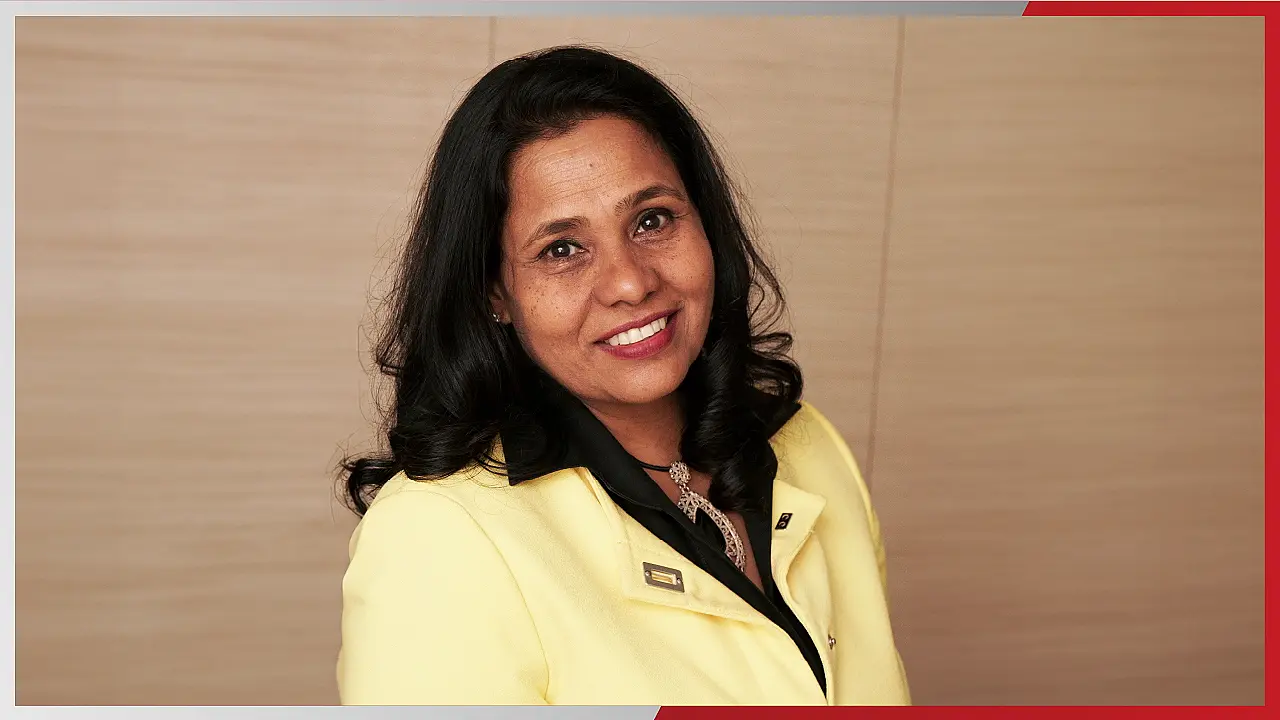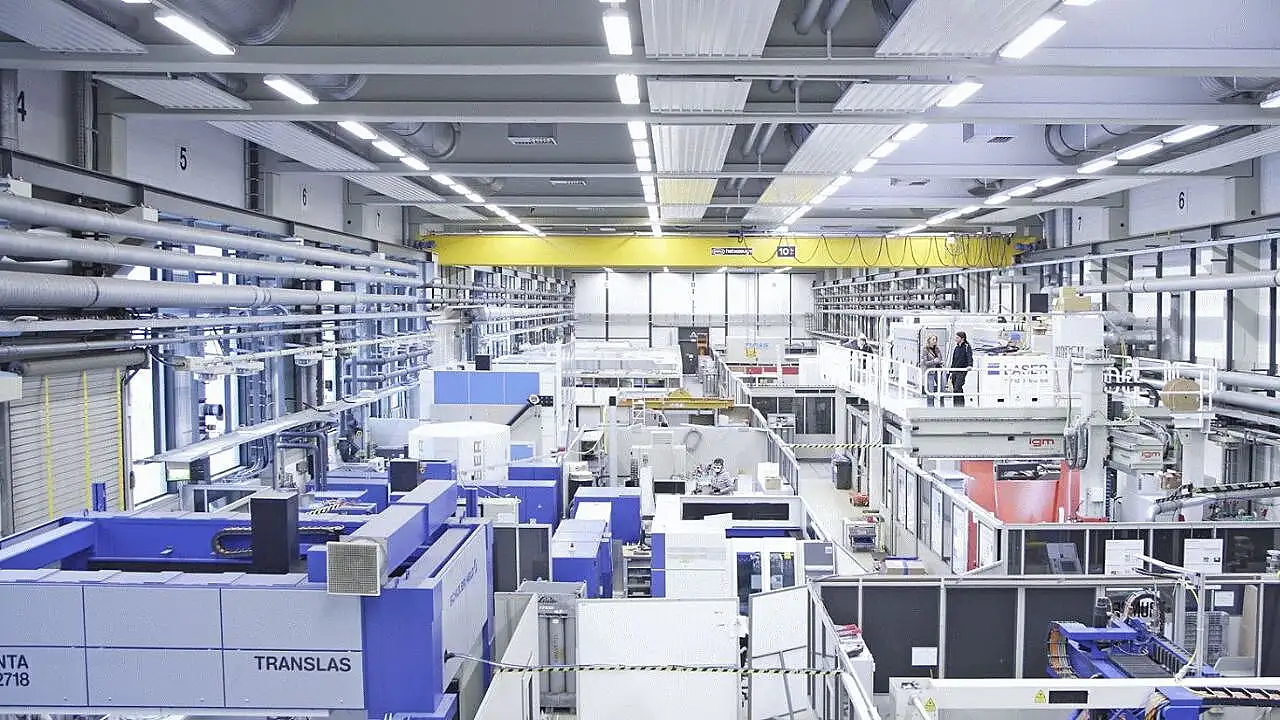
The newly inked partnership between the ACMA Mobility Foundation (AMF) and Germany's Fraunhofer-Gesellschaft is poised to become a landmark development in India's automotive components sector. With this strategic alliance, the aim is to foster innovation, deepen R&D efforts, and tailor advanced solutions for the Indian market.
Unlike traditional collaborations, this agreement has a distinct focus: leveraging the resources of German companies’ Global Capability Centers (GCCs) in India, which have primarily served their parent companies abroad, to create products specifically for Indian consumers. This approach represents a significant shift in how foreign technology can be integrated into the local market.
According to Vinnie Mehta, Director General of ACMA, the most compelling advantage of the current partnership lies in Fraunhofer’s extensive engagement with numerous automotive companies in Germany, a market that is significantly more advanced than India’s. Fraunhofer’s pivotal role in driving the growth and innovation of Germany’s automotive sector and economy underscores its potential to be transformative for Indian auto component manufacturers, he said. This collaboration is poised to benefit not only the Indian market but also the country’s export potential, given India’s established reputation for cost-effective manufacturing, he added.

Unique Partnership
The context of this partnership is unique. German companies like Mercedes, Infineon, Siemens, and Bosch have established a strong presence in India, employing tens of thousands of highly skilled professionals. However, most of their research and development efforts have been directed toward global markets. This partnership is intended to reverse that trend. It seeks to harness German expertise, combined with a nuanced understanding of the Indian market, to create solutions that cater to India’s distinctive demands.
Talking from Fraunhofer’s standpoint, Anandi Iyer, Director of the Fraunhofer Office in India, elaborated on this challenge stating, “India’s price points and customer segments are multifaceted and cannot be addressed by simply importing foreign technologies. There is a need for deep engagement and localised innovation to make such solutions viable here.” Over the past year and a half, Fraunhofer India has organised numerous design thinking workshops with over ten German companies. These workshops aim to identify areas where German expertise can be tailored for the Indian market, such as accident research. Although Bosch has a strong global footprint in accident research, its focus has not been as prominent in India. Moreover, the lack of accurate data from India’s accident hotspots, where over 500 accidents occur annually, poses a challenge to understanding accident patterns. By using Fraunhofer’s proven tools for analysing driver behavior, road conditions, and pedestrian dynamics, the partnership aims to develop proof-of-concept solutions that could save lives.
Accident Research
One of the first projects under this collaboration is focused on accident research in India. Fraunhofer has developed simulation tools capable of analysing accident scenarios, even with incomplete data. These tools can help identify the causes of recurring accidents in specific locations and recommend technological interventions. The initiative involves engaging with local authorities, the police, and other stakeholders to develop actionable solutions. Once validated, these proof-of-concept projects will be presented to the Indian government for broader implementation.

Sustainability
The second pillar of this partnership is sustainability, specifically within the context of a circular economy. While many Indian companies have started implementing circular economy practices as mandated by the UN's Sustainable Development Goals (SDGs), challenges persist due to the perceived lack of economic benefits. To accelerate this process, the partnership will develop proof-of-concept solutions tailored to specific industries. Drawing from Fraunhofer's experience in Germany, where it has created a “Circularity Rating” for various sectors, the collaboration aims to introduce a similar rating system in India. This will allow Indian companies to benchmark their sustainability efforts and gradually improve their value chain performance. Continental, Bosch, SAP, and Fraunhofer are working together to adapt this model for Indian conditions.
Skilling
The third focal point is skilling, a crucial factor given that many Indian graduates are not deemed industry-ready. Despite possessing technical knowledge, many students lag behind due to outdated curricula and limited exposure to the latest technologies. As Iyer pointed out, “Professors here often teach content that is decades old, which hinders the ability of graduates to contribute effectively to modern industry.”
Interdisciplinary Training
To address this, the partnership aims to introduce modular, interdisciplinary training programmes developed in collaboration with German companies and Fraunhofer. The training will cover not just products and manufacturing but also emerging technologies such as data science, Industry 4.0, and digitalisation, ensuring that Indian professionals are prepared for the evolving nature of modern manufacturing.
The goal is to create a new generation of engineers who are equipped with a multidisciplinary understanding of the automotive sector, which is no longer limited to traditional manufacturing processes. As the industry becomes more integrated with electronics, data analytics, software, and hardware, a broader skill set is essential. This initiative will start on a small scale, focusing on building cohorts of trainees who can be groomed to meet the demands of the industry.
Engaging Participants
In addition to Bosch, Continental, SAP and Siemens, other companies, including DTICI and MBRDI have already committed to this programme. Major players like BMW, Lufthansa, and BASF have also expressed interest in joining, she said. The initial phase will be funded by the German companies involved, with the hope that the Indian government and user agencies will support further scaling.

Open Innovation
Open innovation is another critical aspect of this collaboration. Recognising that no single company can tackle all challenges alone, the initiative encourages the sharing of knowledge among participants. Clear intellectual property rights (IPR), non-disclosure agreements (NDAs), and first-right-of-refusal clauses ensure that all partners feel secure in this collaborative environment. As Iyer put it, “We co-create to co-elevate; that’s our bottom line.”
The Genesis
ACMA’s association with Fraunhofer dates back more than a decade. In 2010, the Automotive Component Manufacturers Association (ACMA), the Ministry of Heavy Industries, and the Society of Indian Automobile Manufacturers (SIAM) established a tripartite agreement for collaborative research alongside Fraunhofer-Gesellschaft. This initiative was spearheaded by a few Indian OEMs, aiming to leverage Fraunhofer's expertise to enhance the competitiveness of the Indian auto component sector. ACMA facilitated introductions between individual component manufacturers and Fraunhofer’s experts to explore innovative solutions. However, the project eventually stalled due to reasons known only to the stakeholders involved.
Despite this setback, ACMA remained undeterred. 'As the apex body for component manufacturers, we continued our collaboration with Fraunhofer,' Mehta said. He noted that the partnership has since gained momentum, with several new projects involving individual companies successfully taking off.
The current AMF-Fraunhofer partnership not only represents a significant step for India’s automotive components sector but also serves as a model for future collaborations between Indian and global companies. By focusing on localised innovation, sustainability, and skills development, it aims to elevate India’s position in the global value chain while addressing domestic challenges. The collaboration seeks not just to add value but to create it in a uniquely Indian context, paving the way for more such alliances in the future.
Also Read:
Dr Pawan Goenka Insists Auto Industry To Support India Achieve 2047 GDP Goals